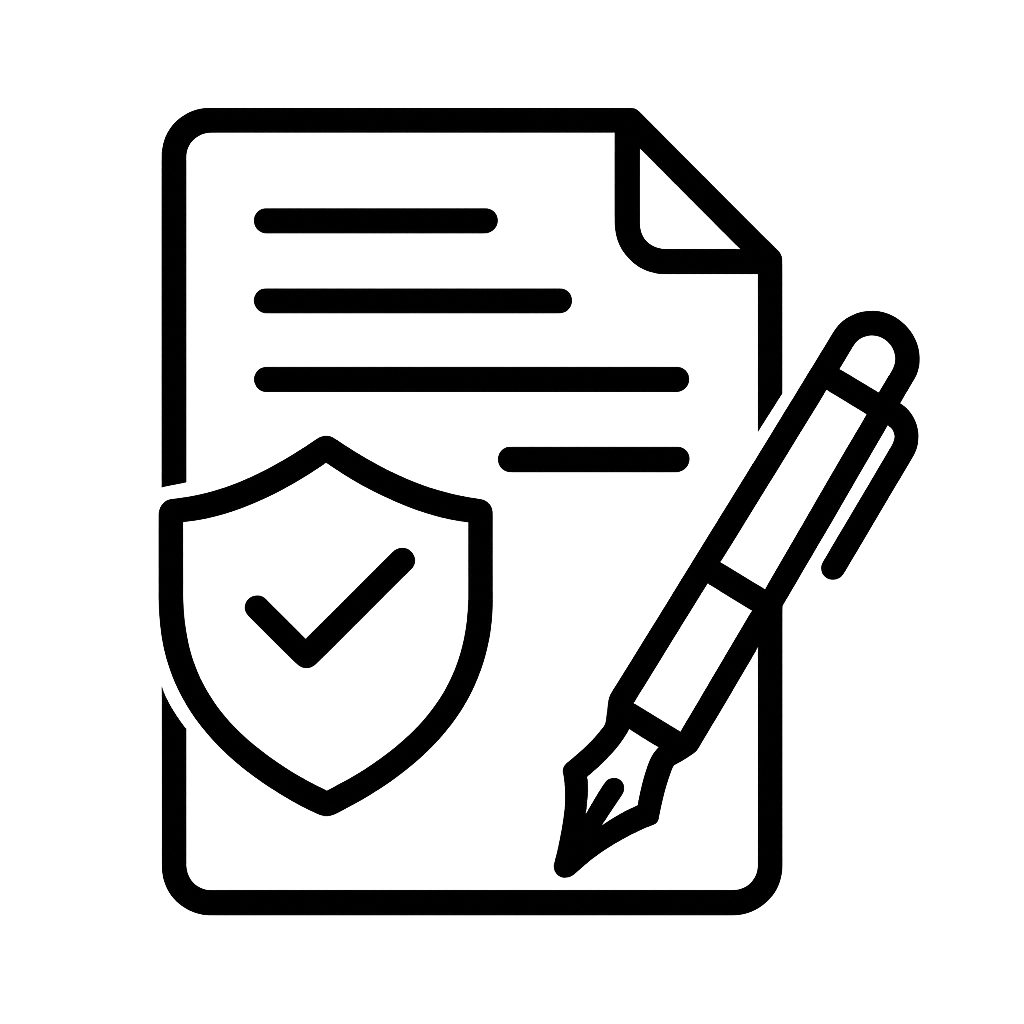Publication Ethics
Academic Insight Journal of Multimedia & Information Engineering (AIJMIE) is committed to upholding the highest standards of publication ethics and integrity. Our editorial policies are guided by the Committee on Publication Ethics (COPE) and ensure that all participants — authors, editors, reviewers, and publishers — adhere to responsible and ethical scholarly practices.
1. Duties of Authors
- Authors must ensure their submissions are original, free from plagiarism, and cite all relevant sources.
- All listed authors must have made significant contributions to the work.
- Submissions must not be under review or published elsewhere.
- Authors must disclose all funding sources and potential conflicts of interest.
- If any errors or inaccuracies are discovered post-submission, authors must notify the editor for correction or retraction.
2. Use of Artificial Intelligence
- Authors may use AI tools (e.g., for grammar checks or language refinement), but such use must be clearly disclosed in the manuscript, preferably in the Acknowledgments or Methods section.
- AI tools must not be listed as authors.
- Content generated solely by AI without human oversight or critical interpretation is not acceptable.
- Authors bear full responsibility for the accuracy, originality, and integrity of content produced with AI assistance.
3. Duties of Editors
- Editors must make unbiased, merit-based decisions and ensure a fair, transparent peer-review process.
- Editors will maintain the confidentiality of all manuscript information.
- Editors will act on suspected misconduct following COPE guidelines.
4. Duties of Reviewers
- Reviewers must provide objective, constructive, and timely evaluations.
- They must declare conflicts of interest and maintain confidentiality.
- Reviewers should report any signs of ethical concerns, such as plagiarism or AI-generated content misused without disclosure.
5. Plagiarism and Ethical Misconduct
- All submissions are screened using plagiarism detection tools.
- AIJMIE does not tolerate plagiarism, data fabrication, image manipulation, or undisclosed AI-generated content.
- Proven misconduct will result in manuscript rejection, retraction of published articles, and appropriate institutional notification if necessary.
6. Retraction Policy
- AIJMIE will retract published articles in cases of serious ethical violations or errors that affect the reliability of the study.
- Retraction notices will be clearly marked, with reasons provided and the original article retained in the journal archive.
7. Open Access and Copyright
- All articles are published under the Creative Commons Attribution 4.0 International License (CC BY 4.0, granting free and unrestricted access.
- Authors retain the copyright of their work.




